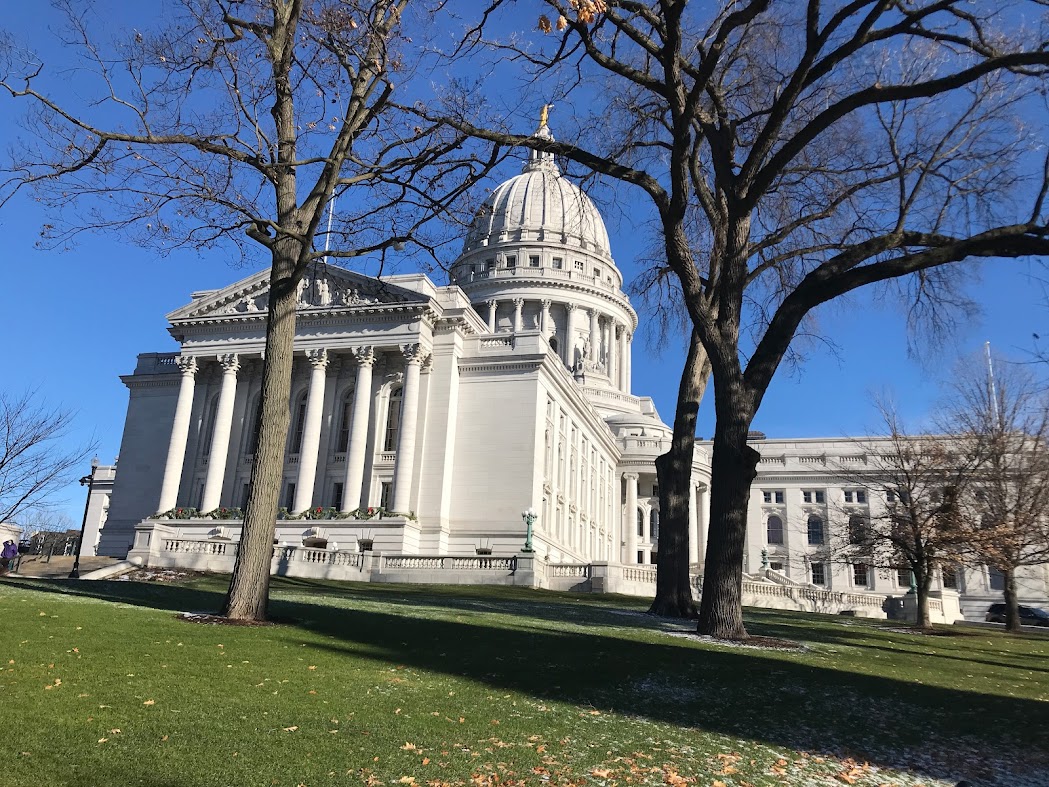Washington State is historically known as the birthplace of grunge music and the home of the Microsoft Corporation. Located in the Pacific Northwest region of the United States, Washington State boasts a rich historical heritage.
From its early Native American inhabitants to the arrival of European explorers and settlers, the state has a diverse and storied past. It gained statehood in 1889 and has since become known for its breathtaking natural landscapes, including Mount Rainier and Olympic National Park.
Historically, Washington State holds significance as the birthplace of grunge music, with Seattle being the epicenter of the movement in the 1990s. Additionally, it is home to the headquarters of the Microsoft Corporation, a global leader in technology and software development. Today, Washington State maintains its historical importance while also embracing innovation and natural beauty.
The Early Inhabitants Of Washington State
The early inhabitants of Washington State were Native American tribes who held significant cultural importance. These tribes made notable contributions to the state’s history. From the Coast Salish tribes to the Yakama, Nez Perce, and Spokane, Native Americans played a pivotal role in shaping the region.
They had a deep connection with the land, utilizing its resources and establishing thriving communities. Their diverse cultures and traditions added richness to Washington State’s history. Native American tribes practiced intricate art forms, traded goods, and passed down stories and legends through generations.
Their impact on the state’s heritage can still be seen today in the art, language, and cultural practices that have been preserved. Understanding the historical significance of these early inhabitants is crucial in appreciating the cultural diversity and heritage of Washington State.
European Exploration And Settlement
Washington State has a rich historical background, with European exploration playing a significant role. The region saw Spanish exploration, which led to the emergence of the myth of Quivira. Captain James Cook arrived and engaged in trade with indigenous peoples, further shaping the state’s history.
One of the most notable expeditions was conducted by Lewis and Clark, who explored the area and documented their findings. These historical events reflect the dynamic interactions between European settlers and indigenous communities in Washington State. The exploration and settlement activities have left a lasting impact on the state’s cultural heritage and continue to shape its identity today.
Washington State In The 19Th Century
As settlers poured into the region, towns were established in Washington State in the 19th century. The signing of the Oregon Treaty in 1846 solidified the border between the United States and British North America, establishing the Washington Territory. This paved the way for an influx of settlers, drawn by the promise of new opportunities in the West.
The discovery of gold in the region further fueled the growth and development of Washington State. The gold rush brought a surge of people to the area, resulting in the establishment of new towns and the transformation of the landscape.
The impact of the gold rush on the region was significant, shaping the economy and society of Washington State for years to come.
Industrialization And Growth In The Late 19Th Century
Washington State has a rich historical heritage, particularly in terms of industrialization and growth during the late 19th century. The rise of the timber industry played a significant role in this development. Alongside the timber industry, the expansion of railroads also played a crucial role in shaping the state.
These railroads provided efficient transportation for timber and other resources, facilitating economic growth and connectivity. Additionally, the founding of Seattle further contributed to Washington’s historical significance. Seattle rapidly grew into a major city, serving as a hub for commerce and industry.
This growth was propelled by the abundance of natural resources and the strategic location of the city. Overall, Washington State’s historical legacy is marked by its industrialization, with the timber industry, railroad expansion, and the rise of Seattle taking center stage.
Frequently Asked Questions For What Is Washington State Known For Historically
What Is The Most Famous Thing In Washington State?
The Space Needle is the most famous attraction in Washington state.
What Makes Washington State Special?
Washington State is special due to its diverse natural beauty, vibrant cities, and thriving outdoor activities.
What Is Washington State Culture?
Washington state culture is diverse, influenced by Native American heritage, outdoor activities, and thriving arts scene.
What Are Some Traditions In Washington State?
Washington state has several traditions, including the Seattle International Film Festival and the Washington State Fair.
Conclusion
Washington State has a rich and diverse history that has shaped its identity and made it a significant part of American history. From the indigenous tribes that first inhabited the region to the arrival of European explorers and settlers, the state has witnessed numerous events that have left lasting impressions.
The Washington Statehood Act, the Klondike Gold Rush, and the World War II internment camps are just a few examples of the historical milestones that have shaped the state. Historical sites like Fort Vancouver and Mount Rainier National Park offer glimpses into the state’s past, while museums and cultural centers provide opportunities for further exploration.
Washington State’s commitment to preserving and sharing its history ensures that future generations can continue to learn and appreciate the unique historical significance of this beautiful region. Whether it’s the natural wonders, important events, or the diverse cultural heritage, Washington State’s historical narrative is one that is worth exploring and appreciating.


